
Realizing that the banditry plot was an extremely complicated problem, from the very beginning, the Party Central Committee pointed out: The banditry problem was a sinister, long-term plot of the imperialists in collusion with the reactionary feudal class in the ethnic minority regions, causing us to fall into the "civil war trap" and their plot of war of aggression, and at the same time it was also an ethnic problem, a mass problem, a people's livelihood problem. The Party determined the policy and measures to suppress the banditry as: Coordinating the military and politics, in which politics is the foundation, the military is the support. President Ho Chi Minh also issued a directive emphasizing: There must be military support for politics, four parts military, six parts political.

The Party determined the policy and measures to suppress bandits as: Coordinating military and political forces, in which politics is the foundation and military is the support.
In the first year of bandit suppression (from November 1950 to the end of 1951), the main force and local troops, guided by militia, guerrillas and people, marched through forests and mountains, forming a siege, dividing the concentrated bandit areas, combined with cutting off the supply lines, causing the bandits to be confused and panicked, and their forces gradually disintegrated. The first bandit suppression campaign ended, we liberated Muong Khuong, Pha Long and the entire Bac Ha district for the second time, initially disintegrating the bandit forces in Muong Khuong and Bac Ha districts.
In 1952, our army launched a campaign to suppress bandits on the Ha Giang - Lao Cai border to destroy bandit forces in the East. The Central Military Commission determined the goal and motto of the campaign to completely destroy bandit forces, liberate and organize the people to implement the Party and Government's policies towards ethnic minorities in the mountainous areas.
The Central Military Commission also advocated using political methods in conjunction with military methods, fighting while carrying out mass mobilization work to win over the people and isolate the bandits, hoping to destroy their forces. With the correct policy of relying on the people, persistently mobilizing, educating, persuading and mobilizing the masses to suppress the bandits, the spirit of the people of all ethnic groups changed from confusion and fear of hiding from the bandits and hiding from us to strongly supporting us and participating in the successful suppression of the bandits. At the end of the campaign, we liberated the entire area that had been threatened and occupied by the bandits in Bac Ha and Muong Khuong districts.

Continuing the victory, from January 1953 to January 1954, cadres, people and armed forces of Lao Cai entered the third major anti-bandit campaign, fighting against the French - American imperialists' plot to bandit the people, protecting the rear in the 1953 - 1954 Winter-Spring Campaign. The main direction of the campaign was from Bat Xat district to Phong Tho (Lai Chau), the important direction was Sa Pa, the combined directions were Da Dinh, Dong Ho, Cam Duong.
The bandit suppression policy was clearly defined as parallel political and military, politics as the foundation, military as the support, while at the same time implementing well the ethnic policy, mass mobilization, policy towards each type of bandit, and leniency policy. At the end of the campaign, we had defeated the bandit clusters in the Sa Pa - Bat Xat - Phong Tho corridor; opened the mobile route from Lao Cai to Lai Chau to serve the 1953 - 1954 Winter-Spring Campaign and the Dien Bien Phu Campaign, relieved the siege of Lao Cai towns and cities, and maintained the Lao Cai - Yunnan international traffic route.
In early February 1954, the French army was facing the risk of complete defeat at Dien Bien Phu, so they stepped up bandit activities in Lao Cai to save the situation and prepare reactionary bases for post-war plans. With support, from the end of April 1954, bandits became more active and carried out plans to invade the West, while bandits in the East caused us many difficulties.

The victory in the bandit suppression work of the Lao Cai army and people contributed to consolidating a solid rear, and was a harmonious coordination with the Dien Bien Phu front to destroy an important part of the enemy's outer forces, contributing to the overall victory of the historic campaign.
After the Dien Bien Phu Campaign ended in victory, the Geneva Agreement on ending the war and restoring peace in Indochina was signed, the bandits began to waver and become fearful. Faced with this situation, in August 1954, the Provincial Party Committee decided to launch a campaign to suppress bandits with the motto of taking politics as the main focus and military pressure as the pressure, determined to destroy the stubborn bandit forces that refused to surrender. With the correct motto and strategy, supported by the people, by May 1955, we had liberated the entire bandit-occupied area, the government was consolidated, local troops, militia, and guerrillas grew and developed. The plot to bandit-ize the entire population failed.
Colonel Nguyen Ngoc Ngan, Political Commissar of the Provincial Military Command, emphasized: The victory in the bandit suppression work of the Lao Cai army and people contributed to consolidating a solid rear, and was a harmonious coordination with the Dien Bien Phu front to destroy an important part of the enemy's outer forces, contributing to the overall victory of the historic campaign.

In the book Summary of bandit suppression work in Lao Cai province, the late Provincial Party Secretary Trang A Pao wrote: "It was a long and arduous battle full of sacrifices, but the important thing is that we knew how to overcome difficulties, choose appropriate methods and ways of fighting to win. Many valuable experiences still have value today."
* The article uses materials from the book History of the Provincial Armed Forces (People's Army Publishing House) and the book Summary of bandit suppression work in Lao Cai province (People's Army Publishing House).
Source





![[Photo] Looking back at the impressive moments of the Vietnamese rescue team in Myanmar](https://vstatic.vietnam.vn/vietnam/resource/IMAGE/2025/4/11/5623ca902a934e19b604c718265249d0)

![[Photo] "Beauties" participate in the parade rehearsal at Bien Hoa airport](https://vstatic.vietnam.vn/vietnam/resource/IMAGE/2025/4/11/155502af3384431e918de0e2e585d13a)


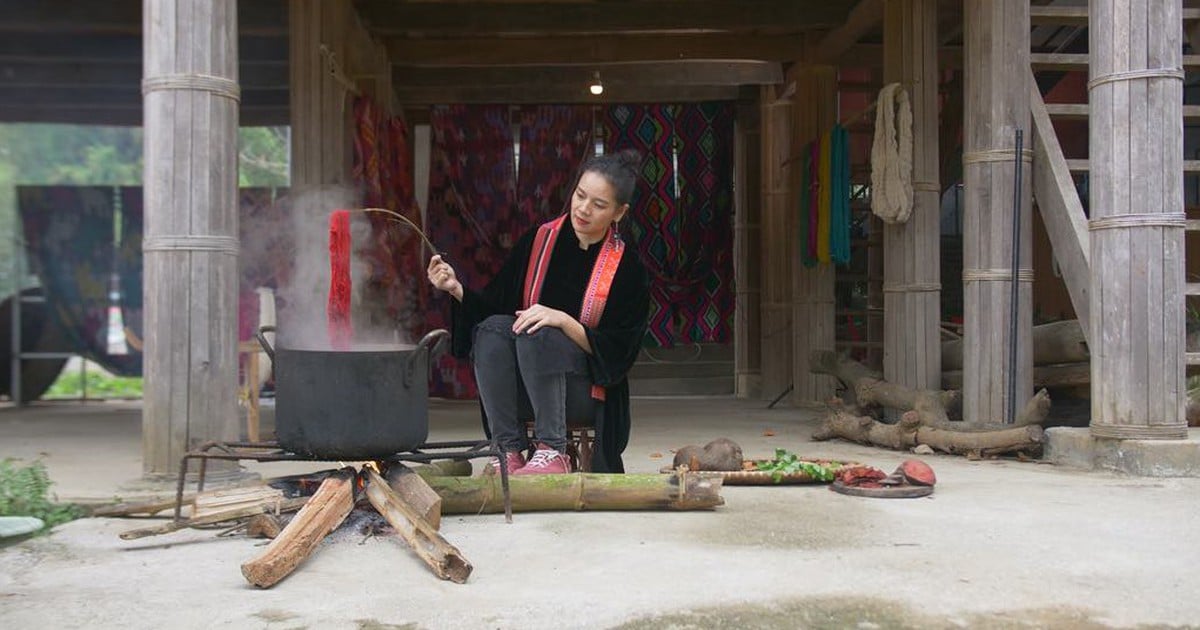


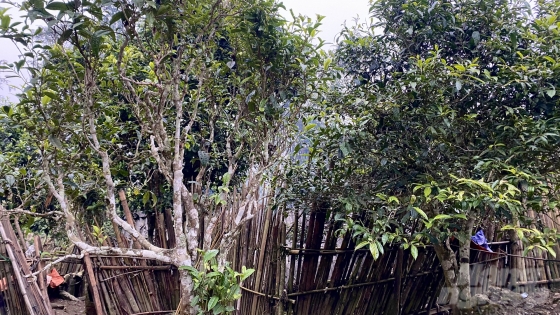

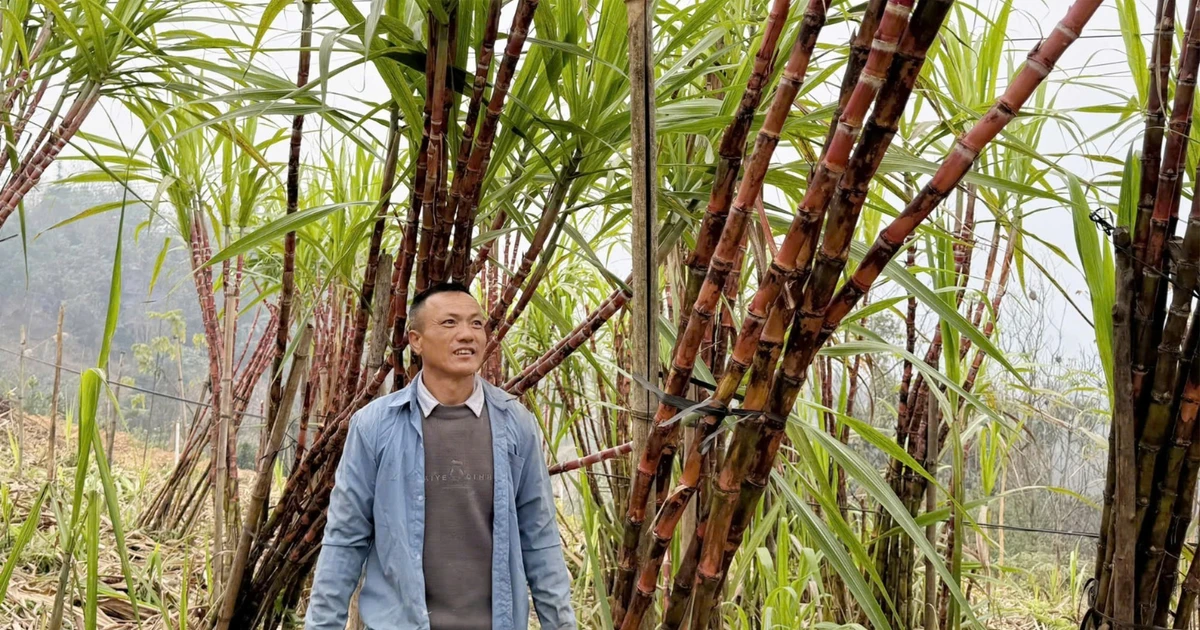

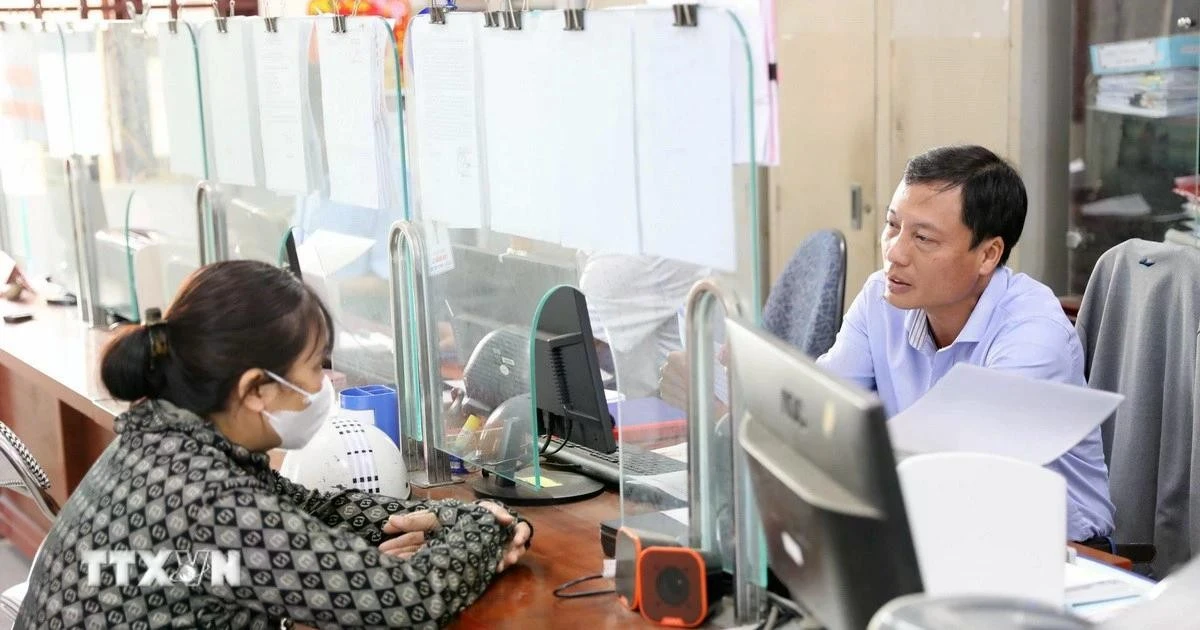
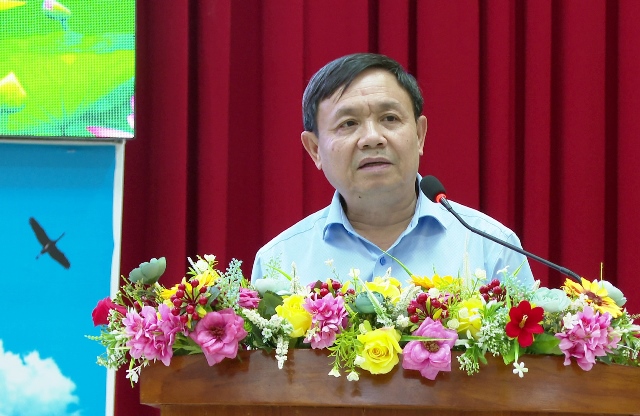
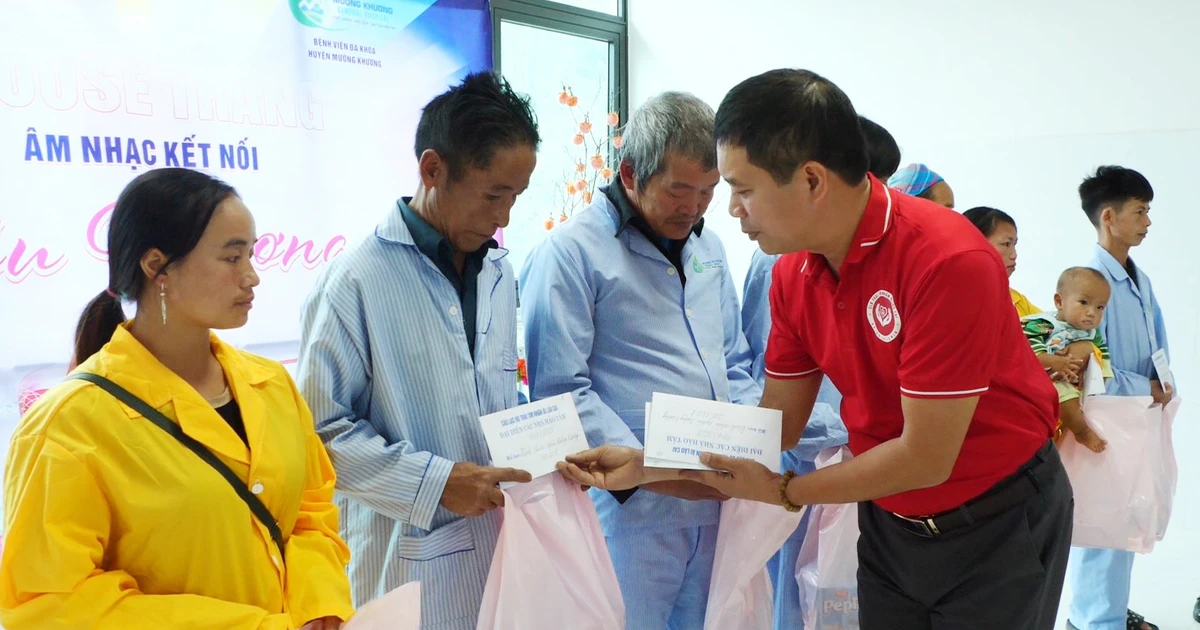

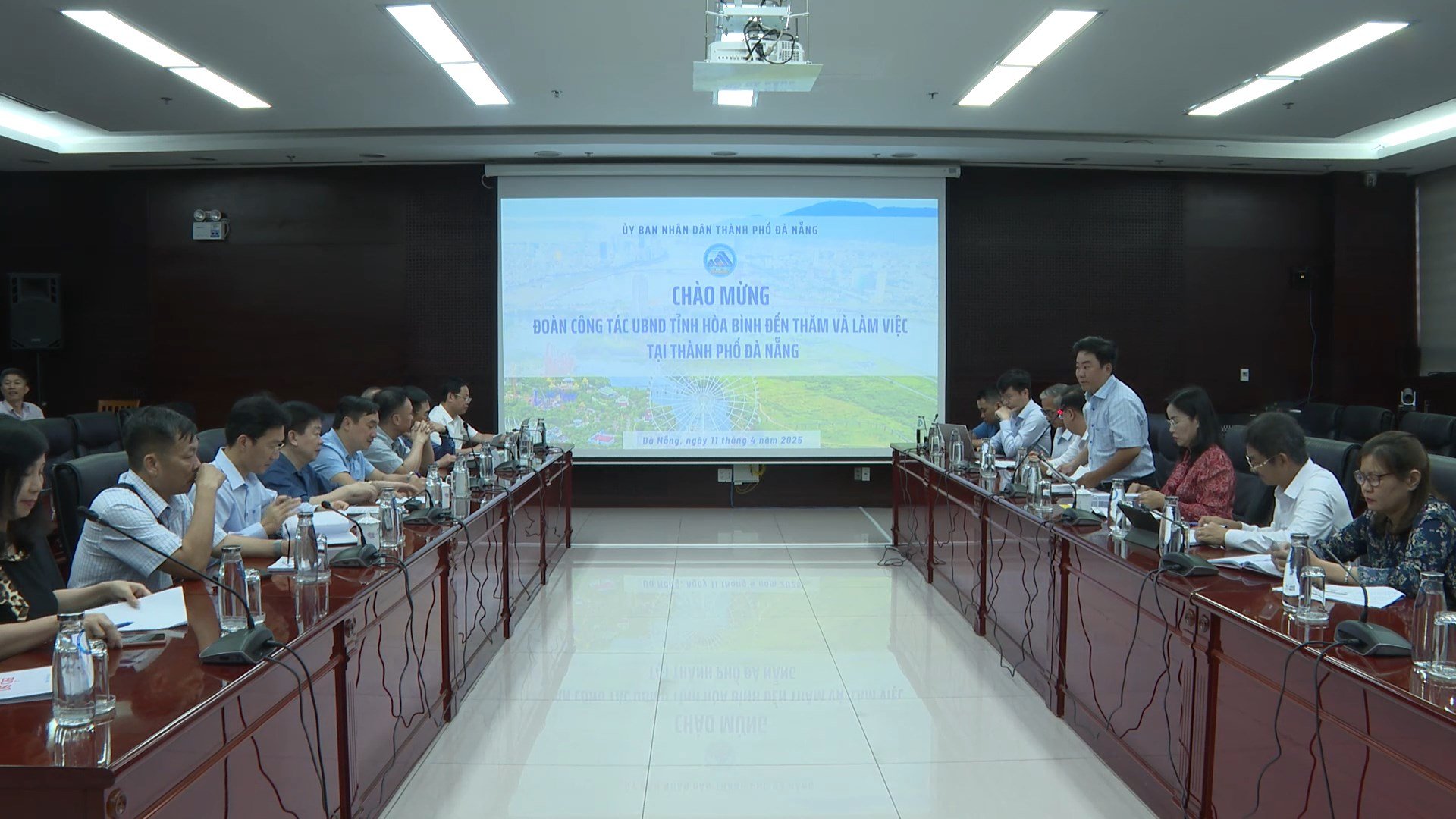
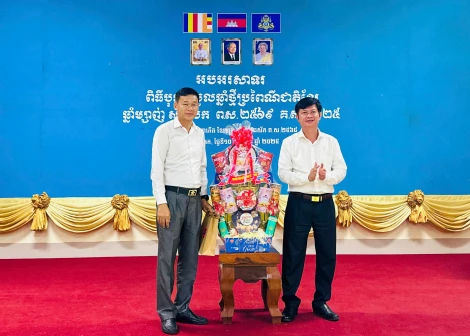


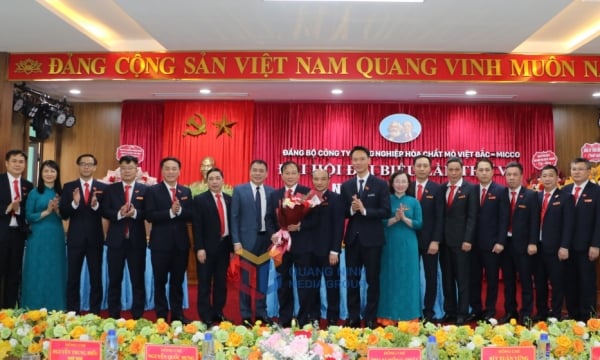
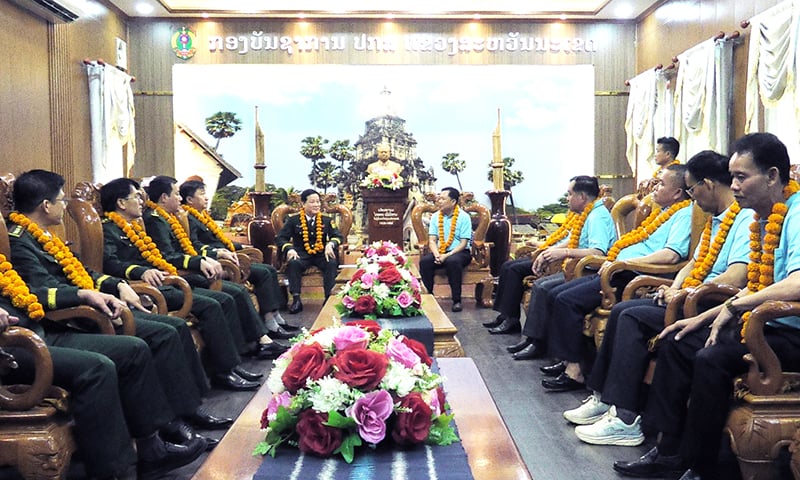

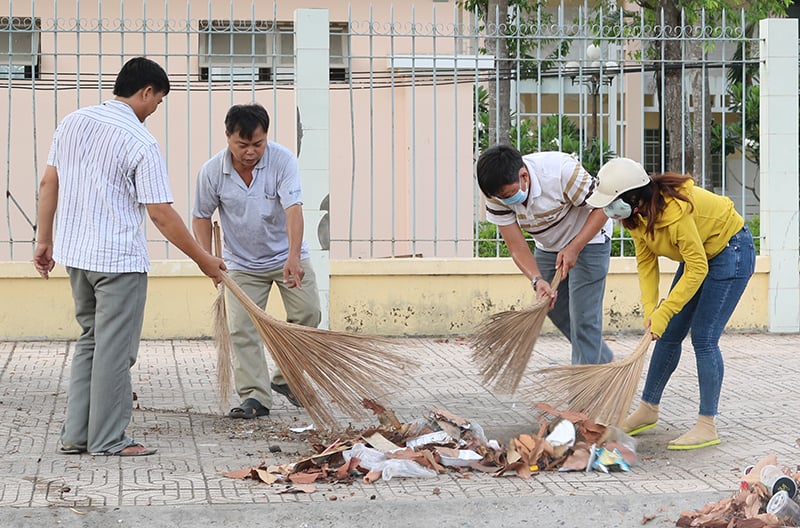
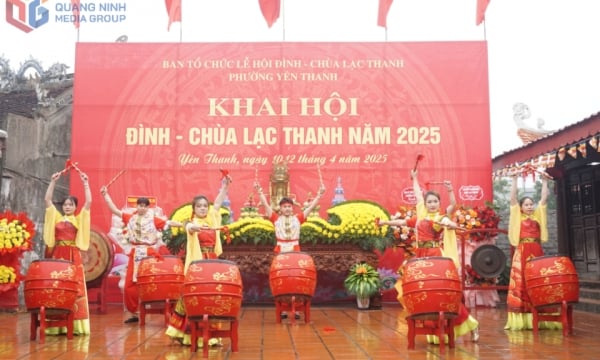
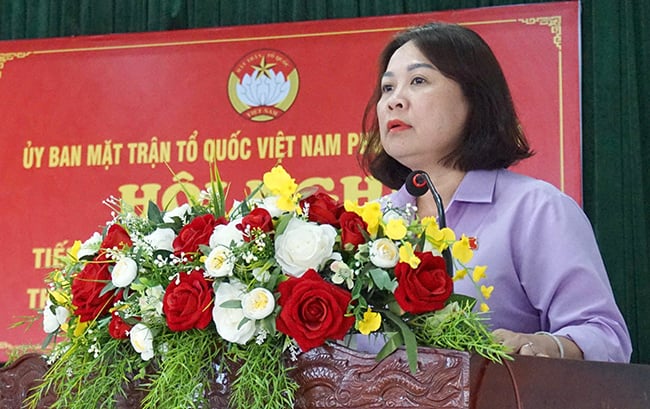

![[Photo] Summary of parade practice in preparation for the April 30th celebration](https://vstatic.vietnam.vn/vietnam/resource/IMAGE/2025/4/11/78cfee0f2cc045b387ff1a4362b5950f)














































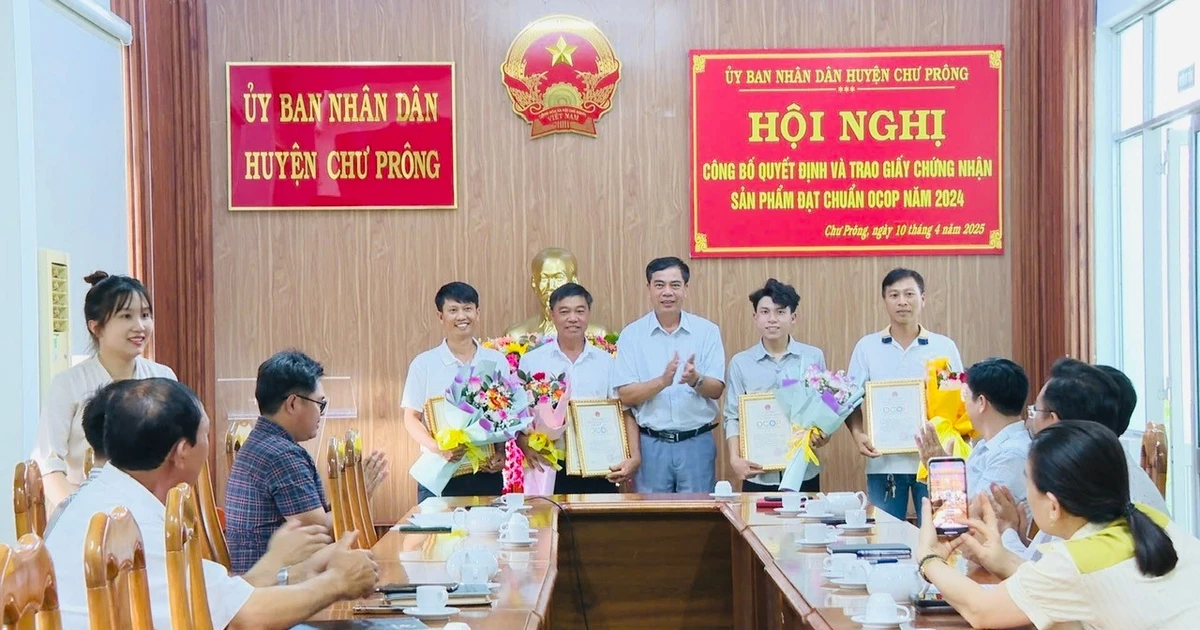











Comment (0)